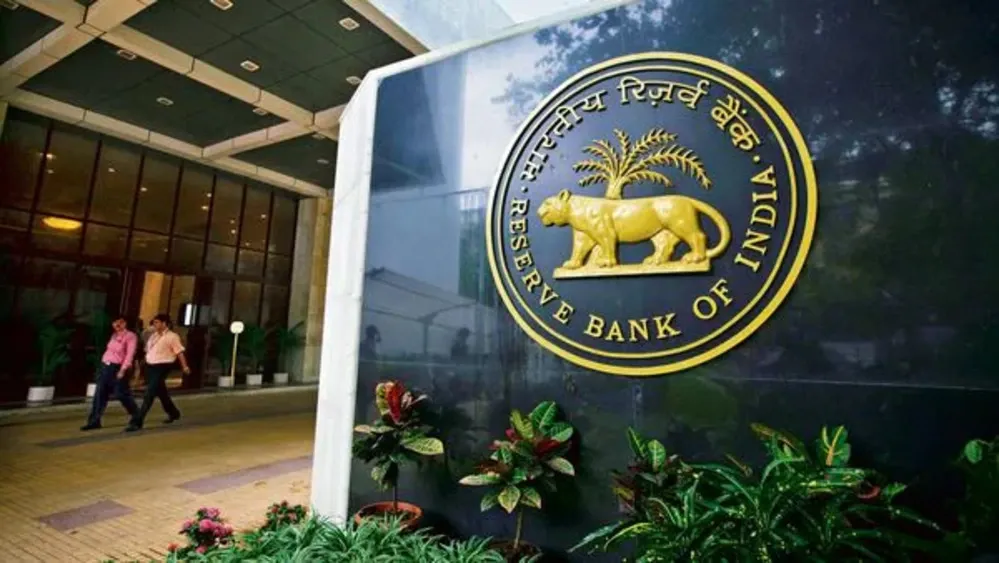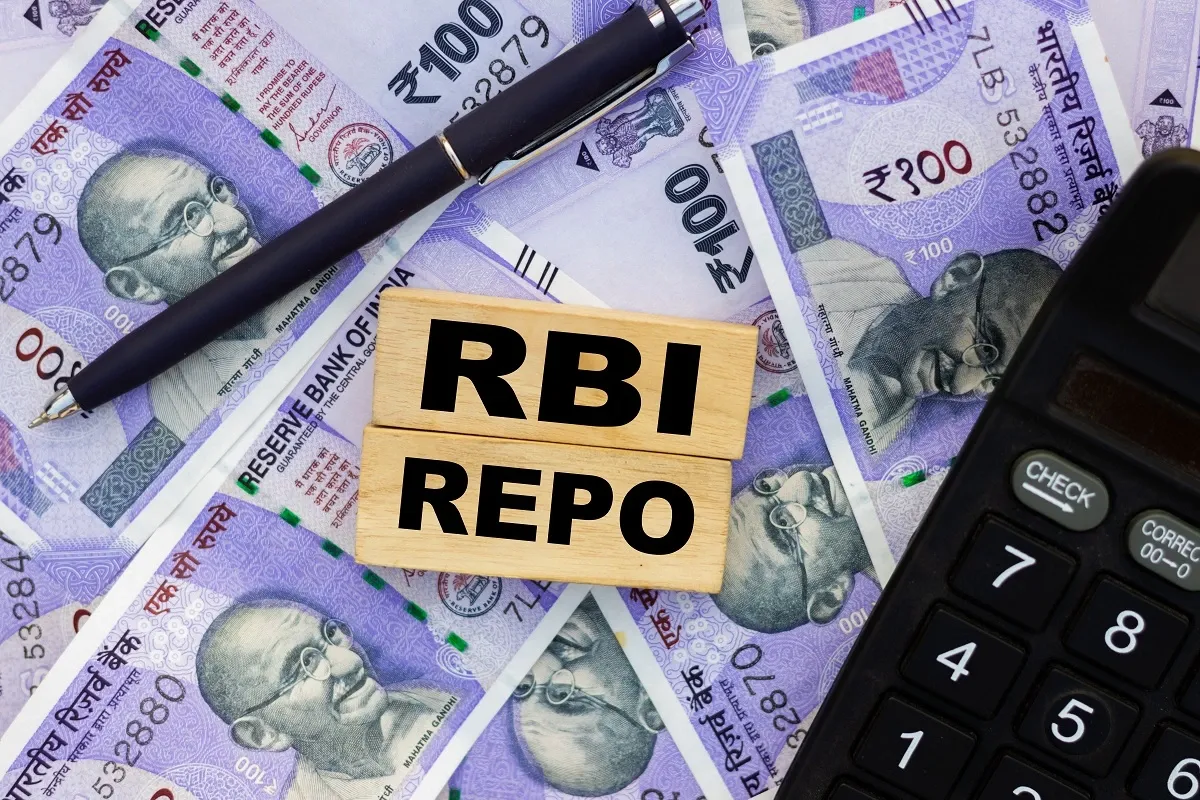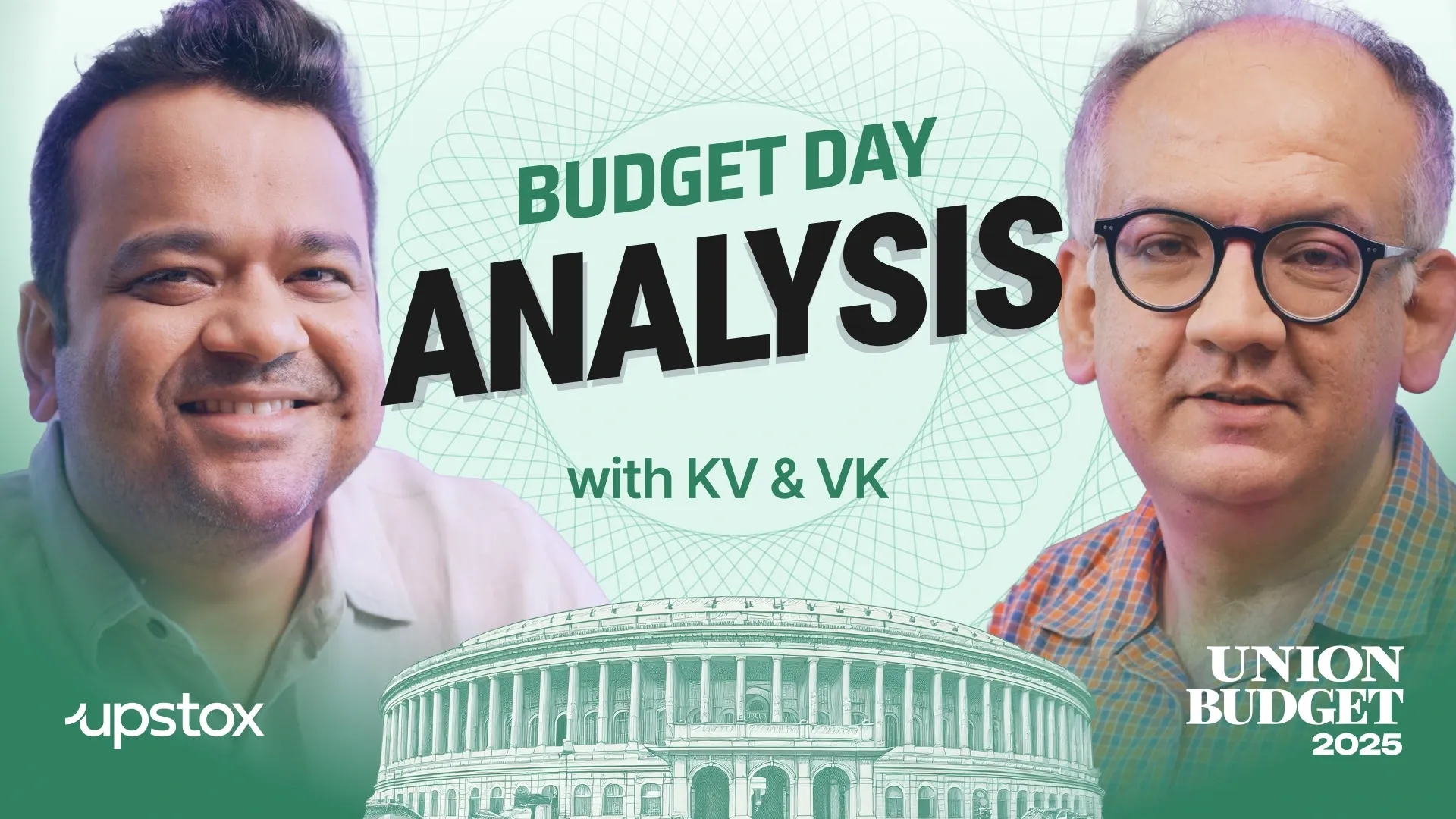Business News
MPC minutes: Rate cut appropriate monetary policy response, opined RBI Governor

4 min read | Updated on February 21, 2025, 14:26 IST
SUMMARY
RBI Executive Director and panel member Rajiv Ranjan said in line with the sequencing path that the RBI followed, a policy rate cut in February 2025 is the most rational and appropriate next step as we now have greater confidence in the disinflation path.

While the central bank had reduced the rate in its latest MPC meet, it continued with the neutral stance of monetary policy.
Reserve Bank Governor Sanjay Malhotra opined that rate reduction was an appropriate monetary policy response at this juncture citing movement of inflation towards the central bank's 4% target, said the MPC meeting minutes released on Friday.
Malhotra, along with five other members of the Monetary Policy Committee (MPC) had voted for a 25 basis points reduction in the short-term lending rate (repo) to 6.25%. The RBI at its meeting held from February 5 to 7 affected the rate cut after a gap of five years.
"Given the macroeconomic outlook when inflation is expected to align with the target, and recognising that monetary policy is forward-looking, I view a lower policy rate to be more appropriate at the current juncture," Malhotra said, according to the minutes.
Chairing his first MPC meeting, he had also pointed out that rising uncertainties on global financial markets and trade policy front, coupled with the continuing risk of adverse weather events pose risks to the inflation and growth outlook.
While the central bank had reduced the rate, it continued with the neutral stance of monetary policy.
"This will provide the flexibility to respond to the evolving macroeconomic environment. By taking this logical course, monetary policy will be able to fulfil its mandate and play its part in the sustainable development of the Indian economy," Malhotra said.
Headline inflation, after moving above the upper tolerance band in October, has moderated and was at a five-month low of 4.3% in January.
MPC member and RBI Deputy Governor M Rajeshwar Rao said that at the current juncture, with a further alignment of headline inflation towards the 4% target, there is greater space to address concerns regarding growth by way of reduction in the policy repo rate.
"This monetary policy measure in conjunction with the fiscal measures announced in the Budget should give a fillip to aggregate demand conditions. Furthermore, the government has reaffirmed its commitment to fiscal consolidation, which should help to anchor medium-term inflation expectations," Rao said.
RBI Executive Director and panel member Rajiv Ranjan said in line with the sequencing path that the RBI followed, a policy rate cut in February 2025 is the most rational and appropriate next step as we now have greater confidence in the disinflation path.
"In line with this prognosis, we also prepared the market by infusing sufficient liquidity for better transmission. The baseline projections suggest headline inflation to average at 4.2% during 2025-26," he said, according to the minutes.
The external members of the MPC—Nagesh Kumar, Saugata Bhattacharya, and Ram Singh—too had voted for a reduction in the repo rate.
Nagesh Kumar had flagged concern about a threat of dumping excess capacities in China with their deep pockets and their access to the Western markets coming under a cloud.
He also noted that some manufacturing sectors have begun to feel the pinch including steel (possibly explaining the negative growth) while labour-intensive consumer sectors, such as garments and leather goods have been facing an onslaught.
The latest Economic Survey shows FDI inflows have been subdued, with foreign investors both FDI and FPIs repatriating, leaving little investments in net terms.
"Therefore, the case for supporting growth cannot be overemphasised," Kumar said.
External member Saugata Bhattacharya said that in view of the downward inflation trajectory, a rate cut is the "appropriate policy response at this point of the economic cycle".
Bhattacharya also voted to continue with the neutral monetary policy stance.
Ram Singh said the Union Budget 2025 has given a push to demand.
"However, demand push will not result in higher private capex unless interest rates are reduced immediately," Singh said.
The next meeting of the MPC is scheduled for April 7 to 9, 2025.
About The Author
Next Story

